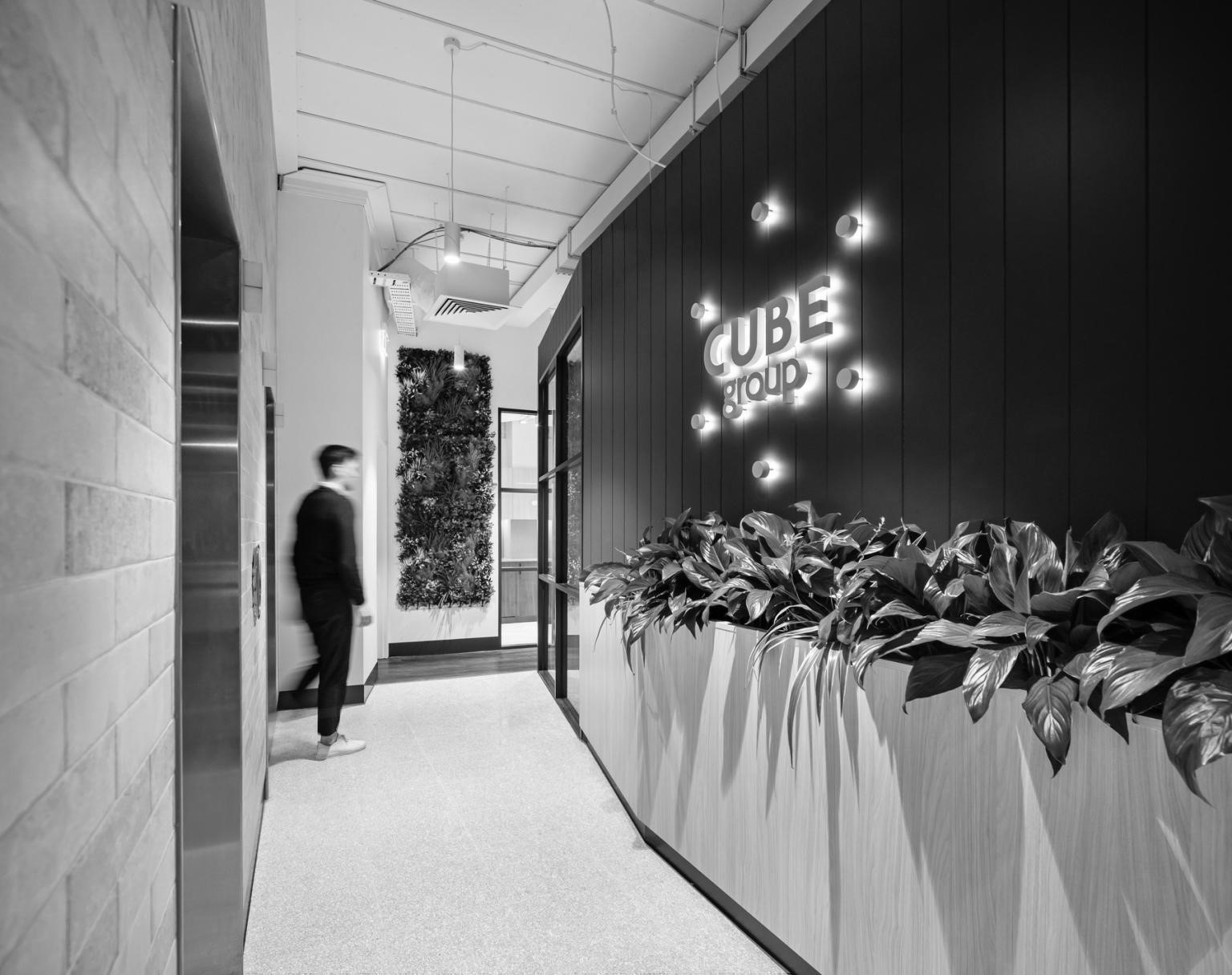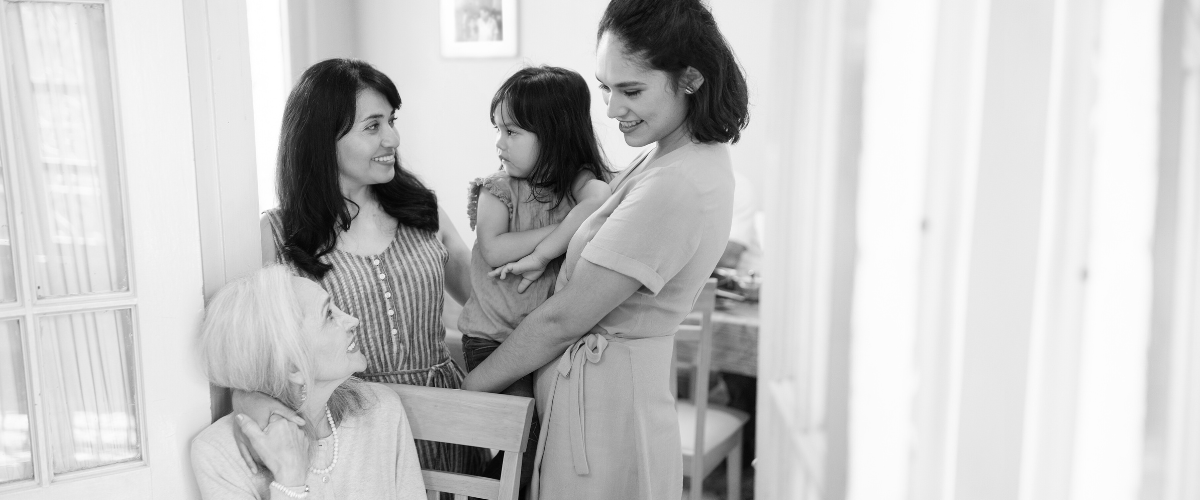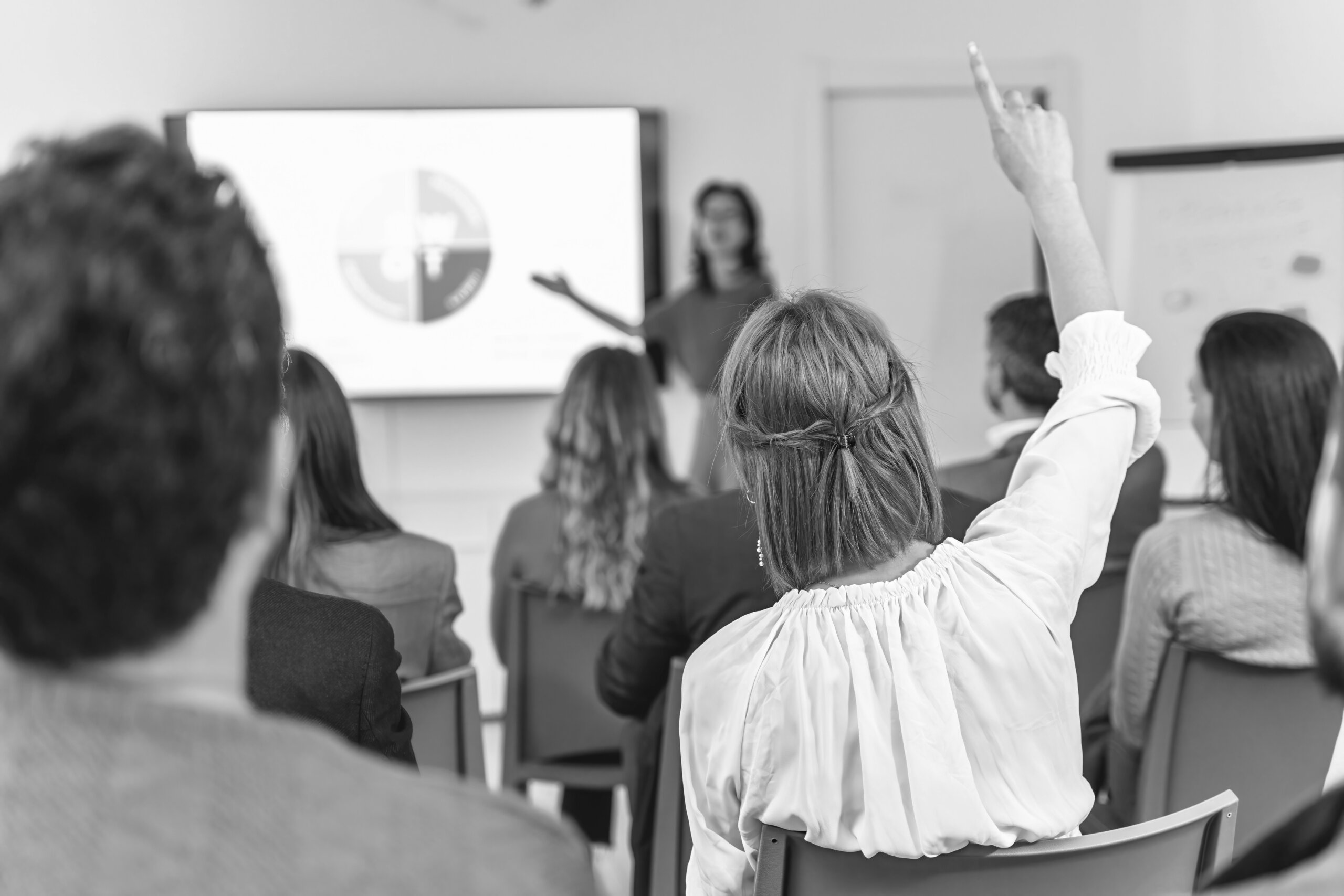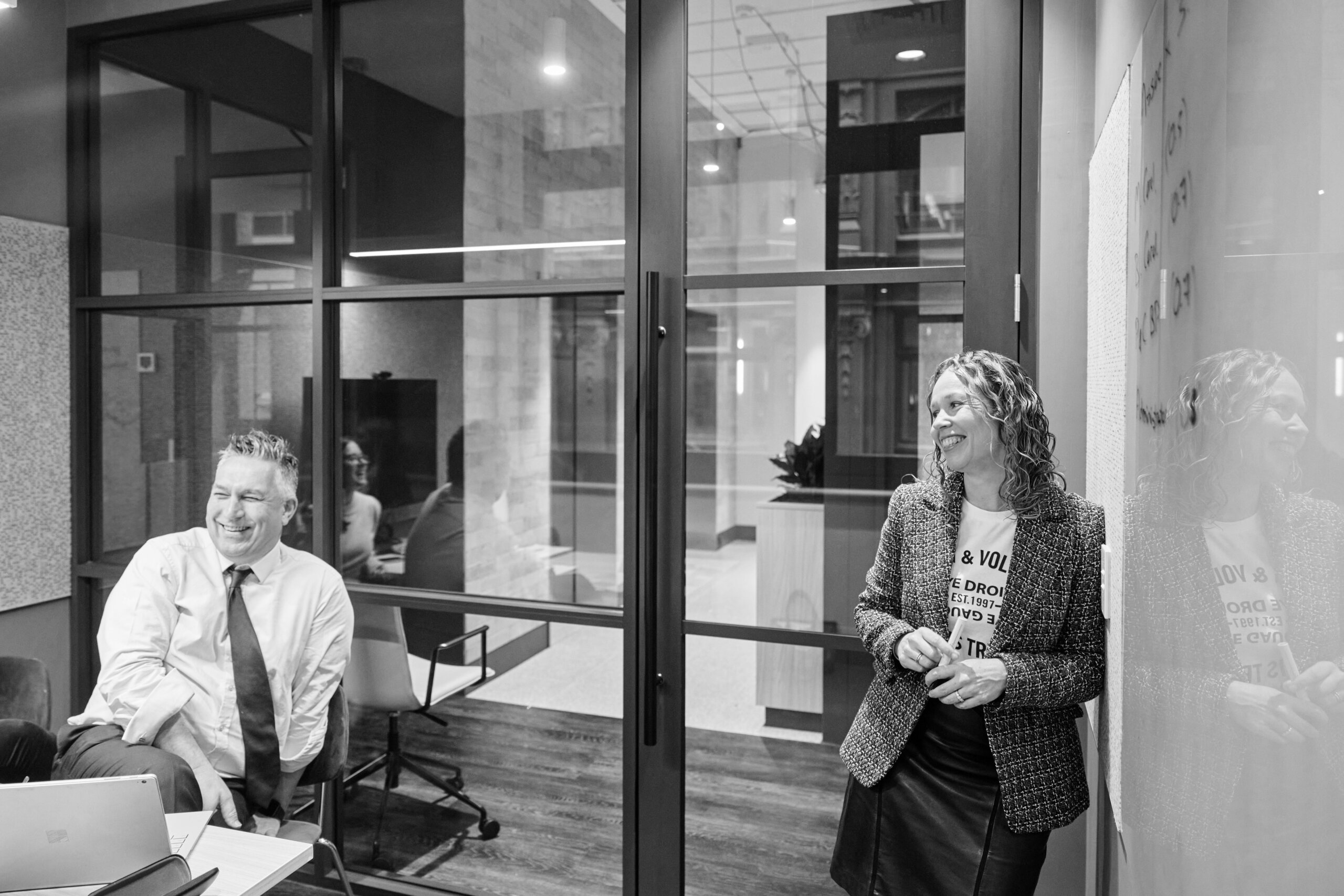The Public Value Compass is Cube’s way of modeling the key individual and community outcomes of public value. This blog is the second in a monthly series that looks at and explores each of the outcomes in detail.
Living in a fair and equal society
You see a job advertised that you know you’re qualified for, and you’re confident that the process will be merit based. Your name, gender or race will have no bearing on whether you get the job, or even an interview. After all, everyone in Australia is treated fairly aren’t they? Aren’t fairness and equality the foundation of Australian society and culture, enshrined in law and lived out everyday?
This is a typical example of how the belief in equality and fairness can affect everyday decisions made by every Australian. If people don’t believe they will be treated fairly because of who they are or where they come from they are likely not to apply for the job, meaning the organisation misses out on a diversity of candidates, and is worse off in the long-term by simply hiring someone just like the person who was in the job previously.
A belief in equality and fairness, or lack thereof, doesn’t just affect big decisions, it can also affect:
- Daily decisions about where we shop
- Whether we ask for help from government services such as police and health providers
- Where we send our children to school; and
- How much we participate in communities.
At Cube Group, individual confidence in equality, fairness and opportunity is a key public value outcome on our Public Value Compass. This blog explores this public value outcome in more detail.
Why is Equality and Fairness important as a public value outcome?
Our society is founded on the idea of fairness and equality. Under the law, every person in Australia has the right to equal and fair treatment, independent of their gender, race, sexual orientation, age, religious beliefs or any other personal characteristic.
Truly equal and fair societies are more likely to be prosperous and harmonious ones. Failure to tackle discrimination and to provide equal opportunities hurts individuals and families, negatively impacts our society, and costs the economy. For example, a 2009 Goldman Sachs study, Australia’s Hidden Resource found that if Australian women participated at roughly the same rate as men there would be an 11 per cent increase in GDP. To put this into perspective, the most recent Australian federal budget forecast a 2.5 to 3.5 per cent increase in GDP over the next two years. Imagine if everyone in our society was able to participate equally!
Crucially, a society that is fair and equal also helps improve all other public value outcomes. For example:
- Liveability – people feel socially connected to their community and are able to participate in social economic and educational activities.
- Productivity – people who are treated fairly and have equal opportunity are better able to contribute socially and economically to the community, and to enhance growth and prosperity.
- Confidence – an equal and fair society is likely to be safer by reducing entrenched social and economic disadvantage.
How is equality and fairness currently addressed in Australia?

Australia currently relies heavily on legislation, statutory authorities and the justice system to embed equality and fairness in our society, and has a strong and proud history of adopting international law pertaining to equality and rights of all people. In 1948, Australia adopted the Universal Declaration on Human Rights, after playing an active role in its development. Since then, we have signed seven other major international human rights treaties that provide a framework for our own legislation regarding equality.
At a national level, the Australian Human Rights Commission Act 1986 helps Australia implement its human rights obligations, supported by other more specific legislation, including:
- Age Discrimination Act 2004
- Disability Discrimination Act 1992
- Racial Discrimination Act 1975
- Sex Discrimination Act 1984
All organisations and people within Australia need to abide by these laws, however, unless there is a deep understanding and enactment of the values enshrined in these laws at a community and individual level, we run the risk of having a politically correct, ‘tick-the-box’ society, where people do the bare minimum to meet the letter of the law rather than go the extra distance to ensure that the intent and values embedded in the legislation are lived out in everyday life.
As such, achieving a fair and equal society is difficult in practice. Complex factors affecting fairness and equality are often beyond the reach of legislation and the aspirational objectives authorities. Public value organisations have a unique responsibility for embedding fairness and equality in the community.
How do public value organisations help embed fairness and equality in Australian society?
In Australia, our public value organisations work hard to embed these outcomes in the community. The social mission of many community organisations is to explicitly improve equality in society. The vision statements, policies and strategic plans of our federal, state and local government agencies also highlight how their organisations are working to achieve a fair, just and equal society.
Public value organisations have a key role to play. The most obvious of these are Human Rights Commissioners, ombudsmen, courts, judges and elected bodies. These provide communities with the peace of mind that there is someone monitoring and enforcing our basic values of equality and fairness in all parts of our society. However there are a range of other, less obvious, organisations, institutions, and systems that play a vital role:
- Our schools and educational institutions, who teach our children about the importance of equality and fairness and show them how to live these values in everyday life. They also provide all children with equal education that will provide a foundation for their active participation in society
- Our health service providers, who treat everyone equally to ensure all people are healthy and able to participate equally in our society to the best of their ability
- Our police, courts and corrections facilities, who have a responsibility to deal with all offenders and victims fairly and equally with no prejudice or bias
- Our social workers who work with the most vulnerable members of our community to help provide them with their fundamental needs and support so that individuals, families and children have the same opportunities as the rest of the community
- Our welfare systems, that provide a safety net for people so that their basic needs are met and can re-engage or better participate in society.
What can we do in Australia?
In an ideal society, everyone should be treated fairly and have access to equal opportunities. Australia needs a labour market that draws on the talents of all, not one in which people are excluded because of their cultural or socio-economic background. We want a fair society where every child has the opportunity to achieve their potential and use their talents to the benefit of our society. Our democratic structures and communities are stronger and more effective if all voices are included, and everyone has the chance to shape and influence the decisions that affect them.
Australia already has the basic structures to support equality and fairness, but what can public value organisations do to achieve even higher levels and to ensure that all people receive the benefits of these standards and legislation? How can we better embed fairness and equality throughout our whole society?
Please share your thoughts in the comments below, or reach out to anyone of us at Cube to continue the discussion!
This blog is the second of a series exploring the Public Value Compass. If you enjoyed this article, you may also be interested in our first article: Safety and Protection. Make sure to follow us on LinkedIn for updates and articles on the other segments of the Compass.
